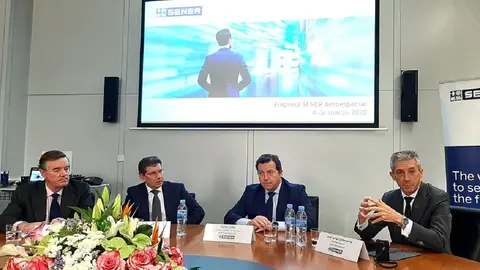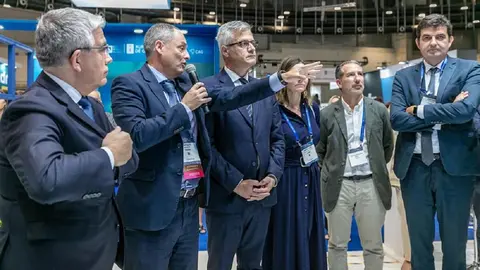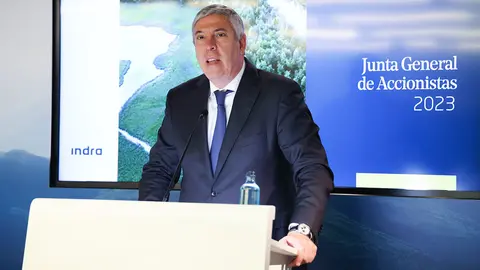Indra resuscitates its space subsidiary and expands its capabilities with Deimos Space
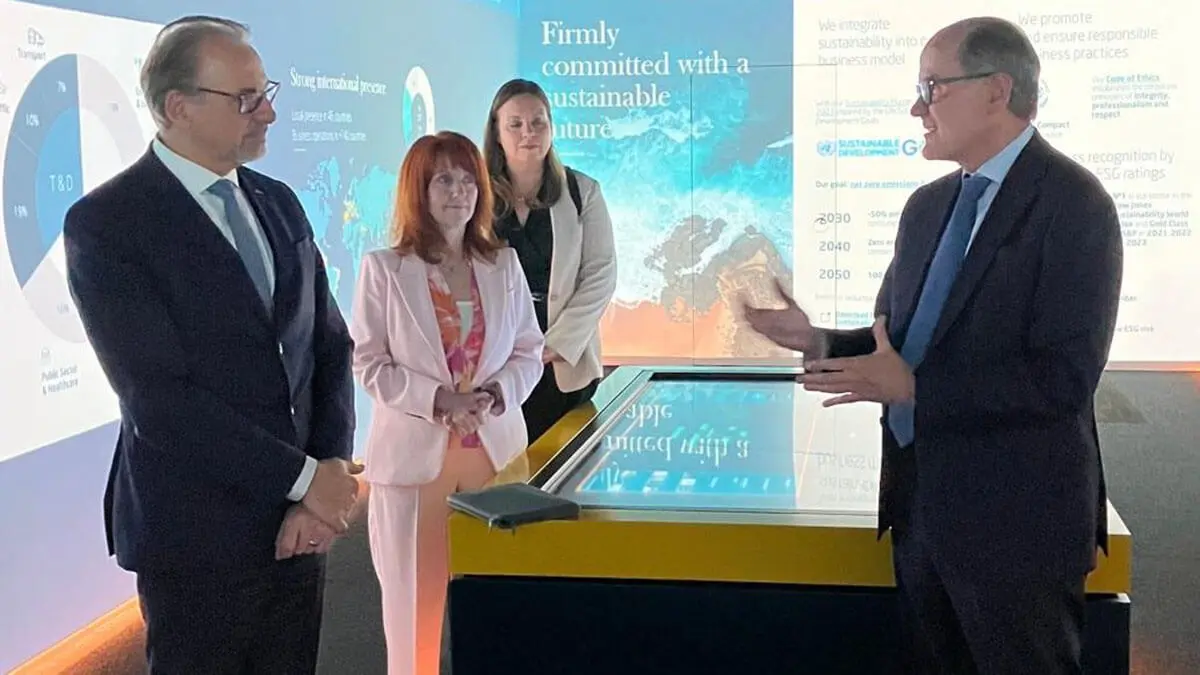
Indra anticipated it five months ago when it unveiled its new strategic plan and it has just fulfilled it. The Spanish technology multinational has revived what was once its subsidiary in the national space ecosystem, to make it clear to all and sundry that the corporation is very serious about its intention to become a major player in the sector on an international scale.
The business group managed by José Vicente de los Mozos since mid-2023 and which he leads hand in hand with chairman Marc Murtra has revived its dormant subsidiary Indra Espacio, which was set up in September 1983 as an autonomous business unit, deactivated as such in 2017 and now re-emerges.
Aware of the challenge facing its two senior executives, both have agreed to hand over the baton of Indra Espacio to a veteran engineer of the company, Fernando García Martinez-Peñalver - until recently head of Indra's space business unit - and to place under his umbrella the different responsibilities linked to ultra-terrestrial activities.
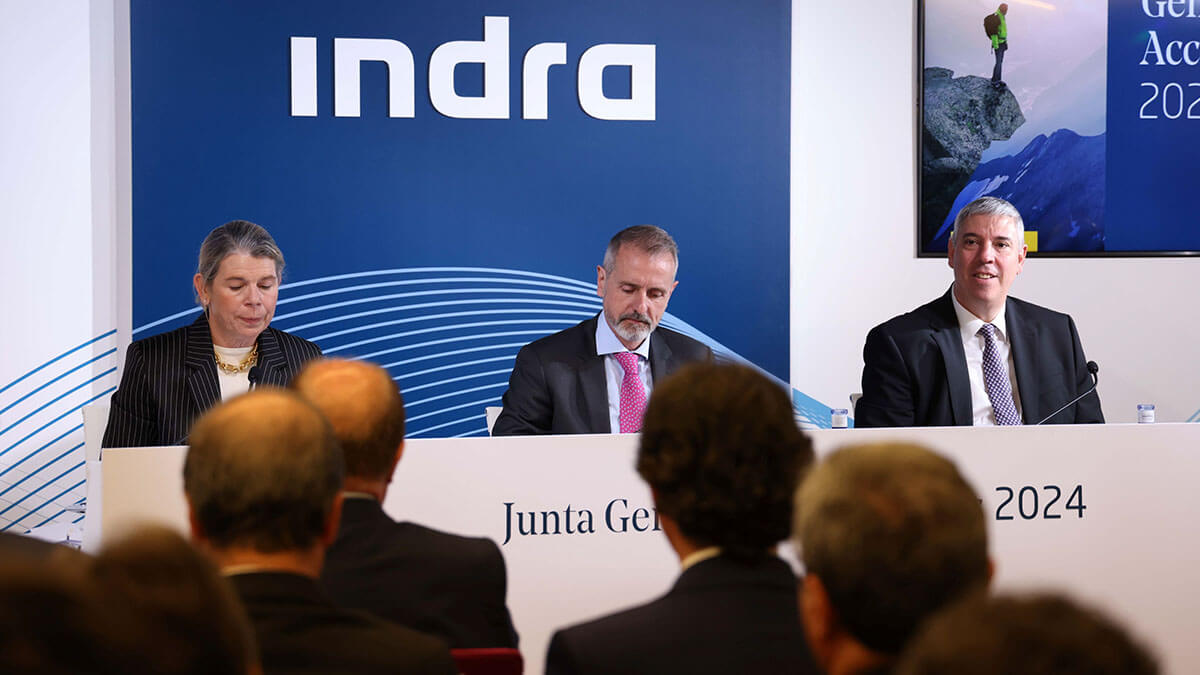
The first important step linked to the reactivation of Indra Space was the announcement of the purchase of Deimos Space from the Spanish business group Elecnor, an operation that a source familiar with the details of the transaction is confident will be closed "before 31 October". In May, Elecnor also sold its renewable energy subsidiary, Enerfin, to Norwegian state-owned Statkraft.
An executive of one of the two companies who prefers to remain anonymous says that while the purchase of the operator Hispasat ‘are big words’, the acquisition of Deimos "is an operation that interests both companies, that makes all the sense in the world and that already has a business plan". Deimos has subsidiaries in Italy, Portugal, the United Kingdom and Romania and has a satellite control and integration centre in Puertollano, some 200 kilometres from Madrid.
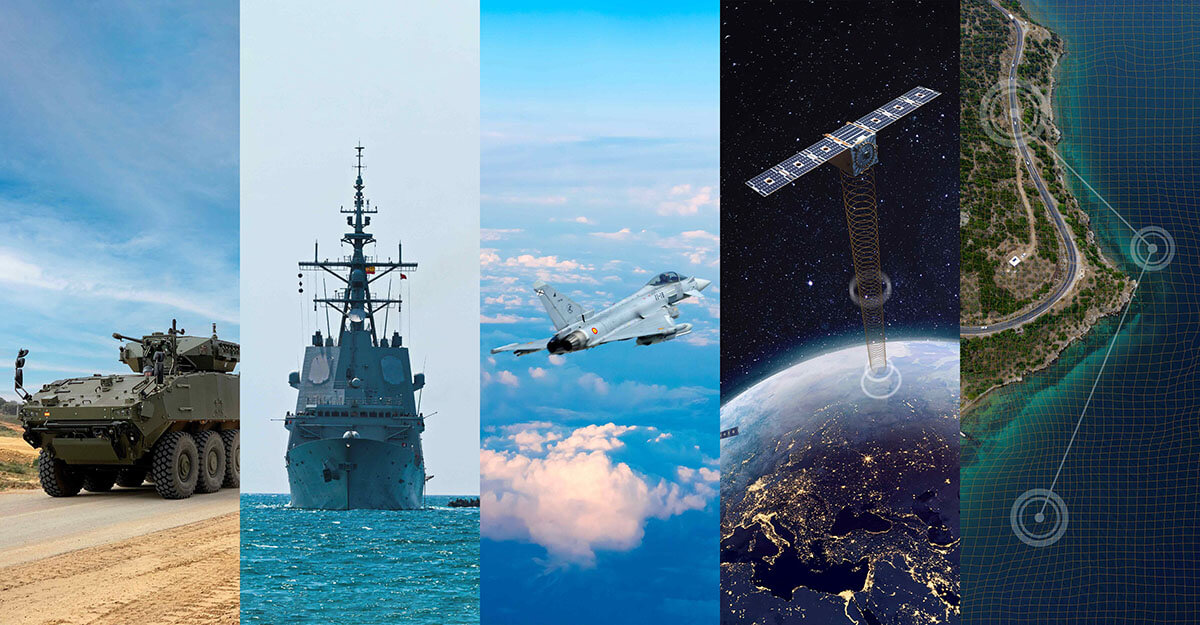
The importance of the Deimos Centre in Puertollano
The satellite integration facilities in Puertollano are of special interest for Indra Espacio, whether it is awarded the Atlantic Constellation or, especially, for the Startical project it shares with ENAIRE ‘a really ambitious project that involves the production of more than 200 mini satellites for the control and communications of air traffic worldwide’ and whose take-off is one of the priorities of Martinez-Peñalver, who was also Startical's general manager.
Deimos was created in 2001 with a focus on the space sector, but is also involved in a wide range of projects in the fields of defence, transport, aeronautics, telecommunications and artificial intelligence. Since a few months ago, it has been headed by the Italian Simone Centuori, after the departure to Thales Alenia Space España of its former head, Ismael López.
Another of Indra's reasons for its commitment to Elecnor's technological subsidiary is based on the expectation that the consortium led by Deimos - in which Alén Space, DHV Technology and Satlantis participate - will win the competition to develop the Spanish component of the Atlantic Constellation, whose result is about to be made public by the European Space Agency (ESA), to which the Spanish government has entrusted the management of the project.
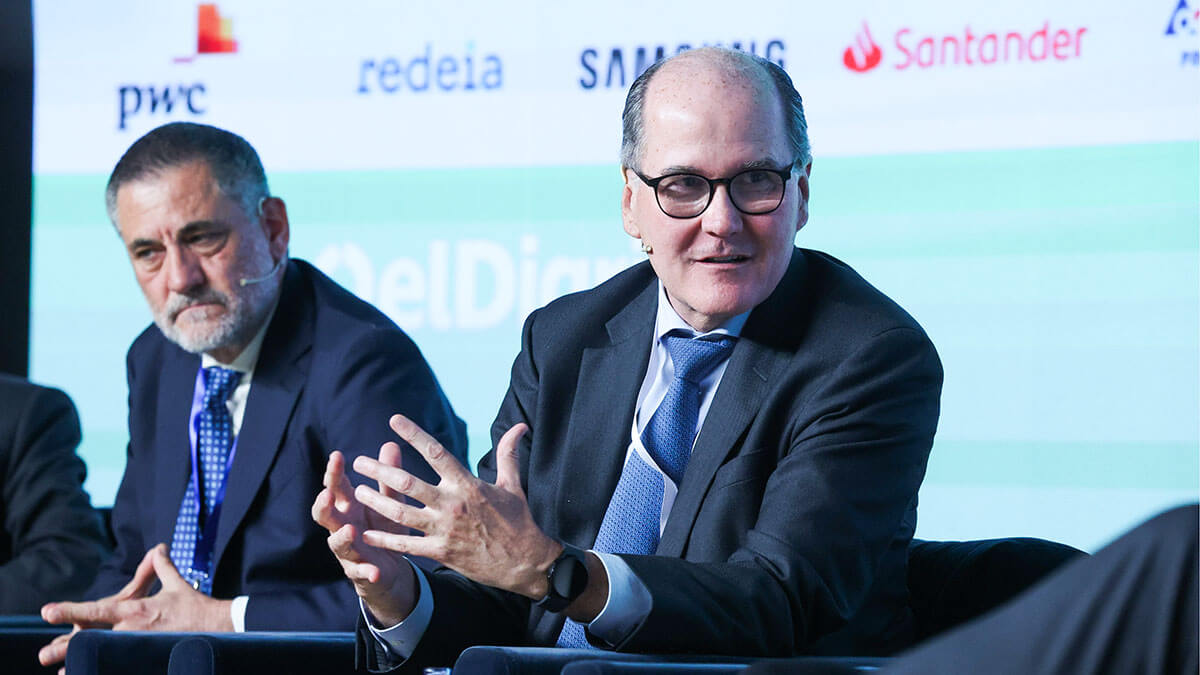
The Atlantic Constellation is an original project between Spain and Portugal to develop a system of 16 satellites positioned in low orbit at an altitude of 500 kilometres to provide communication and environmental monitoring services. Each of the two countries is responsible for the realisation of eight satellites, the materialisation of which is included in the Spanish Resilience and Recovery Plan or PERTE Aerospace.
Another initiative within the space framework that Deimos has already been contracted as leader of an international consortium is ICARUS, funded by the European Union to enable the development of inflatable heat shields to recover and reuse space rocket propulsion stages.

What happened to the original Indra Espacio?
Before its disappearance from the market, Indra Espacio's headquarters were located in the industrial estate of San Fernando de Henares, near Madrid, and for many years it was managed by José María Martí Fluxá.
During its independent business period, its activity was focused on the development of systems and applications in the ground segment of the space market. Specifically, in the areas of satellite control infrastructures, navigation and positioning, remote sensing and communications, the latter in the terrestrial, aerial and maritime fields.
Indra Espacio's successes in the field of naval satellite communications, especially in the sophisticated world of submarines, are little known. It achieved major international successes by developing a reliable and secure family of terminals capable of maintaining voice, data and Internet links in X and Ku bands.
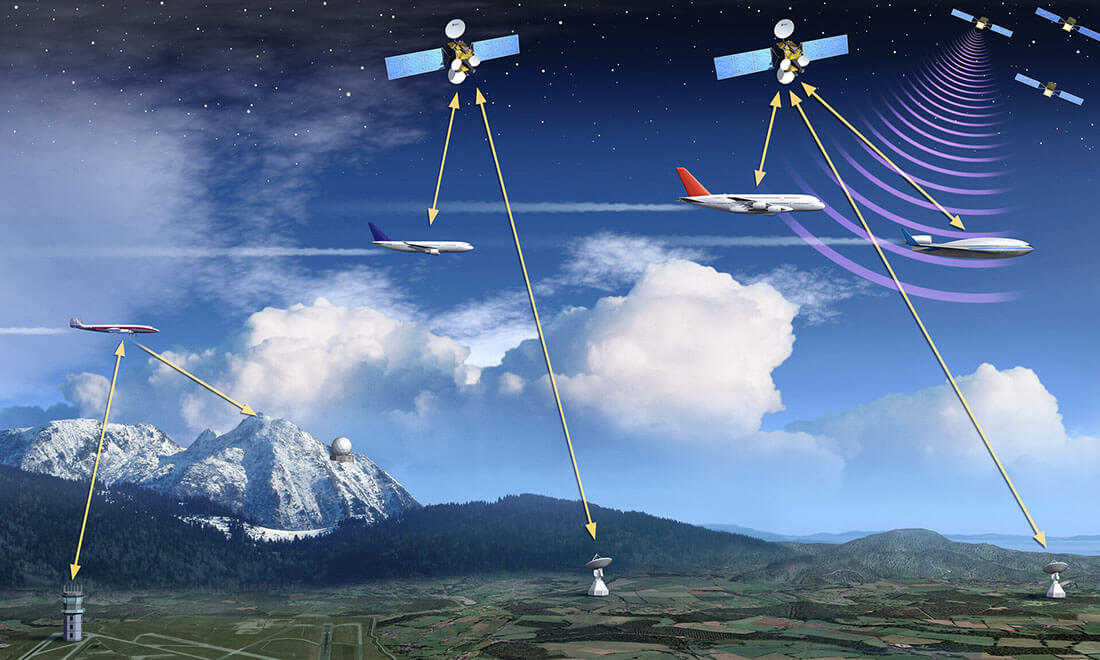
Its TSub family of transmission systems for submersibles has been purchased, for example, by the German, Italian, Dutch and Turkish navies to equip their U-212 and U-214 class submarines from German manufacturer ThyssenKrupp Marine Systems or built under licence by other shipyards, such as Fincantieri in Italy. An advanced version also equips the new Spanish submarine S-81 ‘Isaac Peral’ and the veteran S-71 ‘Galerna’, the only one of the four of the S-70 class that remains in service.
Indra Espacio's refloating after more than seven years of inactivity as a company came at a time when the space sector was booming worldwide. Its evaporation coincided with a drop in turnover and the arrival of Fernando Abril-Martorell as Indra's chairman in 2015, which led to the launch of a new management model in 2017.
Under Abril-Martorell and under the leadership of Ignacio Mataix, Indra's industrial space activities were combined with its military activities and both became part of the Defence and Space Systems Division under the command of Martinez-Peñalver. They were then managed by Domingo Castro, who was in charge until De los Mozos assigned him to boost the Latin American market.


